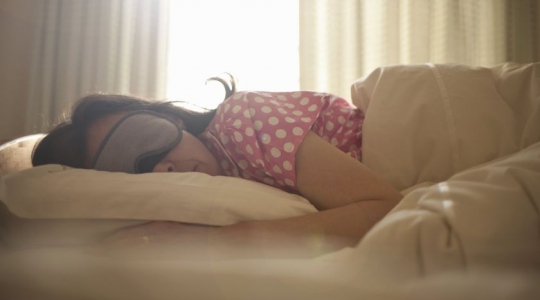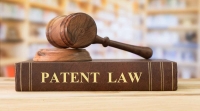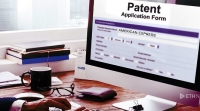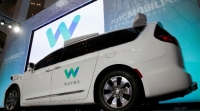The two tech giants have been granted patents for products aimed at the sleep deprived and forgetful drivers.
In Google’s sci-fi future, your alarm clock’s volume will adjust automatically based on how deeply you’re sleeping – as tracked by your watch and pajamas. Apple’s vision of what’s next is a phone app that remembers – without being asked – where you parked your car.
On Tuesday, both companies were granted patents for their respective ideas. Legal marketplace SmartUp first spotted the filings with the U.S. Patent and Trademark office.
Google’s patent coincides with the rise of activity trackers and smartwatches that already track the sleeping patterns of people wearing them. According to the filing, the patent is for a wearable device, like a wristband or clothing with sensors stitched in, that help adjust alarm clock settings based on the user’s “sleep state.” The device would use “heart, respiration, or pulse rate, body movements, eye movements, ambient, and the like” to determine whether to dismiss, leave, or reschedule the alarm.
The idea, originally filed by Google in 2011, isn’t exactly novel. Some of Jawbone’s UP devices and Fitbit’s trackers let users set their wristbands to automatically vibrate when the technology determines the best time based on their sleep cycle. Even some apps, like Sleep as Android for wearable devices that run on Google’s Android Wear operating system offer that functionality.
With that said, there’s still some skepticism around wearable devices’ claims of accurately tracking sleep patterns. They merely infer that you’re sleeping based on your movements and heart rate. But that isn’t entirely accurate. The tracker I’m currently wearing, for example, reported that I slept for only a couple of hours last night when in fact I slept about six hours.
But in any case, it will definitely be interesting to see what Google GOOG -0.30% does now that it’s armed with the patent. Should other activity tracker makers worry?
Meanwhile, Apple’s patent to help you find your car come after a lengthy approval. The company originally filed its application in 2013, and it first surfaced last year.
The patent is for “vehicle location in weak location signal scenarios,” meaning that it would use techniques other than GPS or cell signal to locate the person’s car. Instead, the document describes having the driver’s smartphone automatically detect when the car is parked (the phone is not moving anymore, it’s no longer connected through wires or Bluetooth signal to it, etc.) and remembering the location and time.
The application, which includes a diagram of Apple’s AAPL -1.81% headquarters as an example illustration, doesn’t specify the scenarios when the service would be useful. But this method could come in handy in parking structures and underground garages where smartphone signals can often be very weak.
But as always, it’s entirely up to the company to actually turn a patent into a real product or actually enforce it against other companies. Keeping track of your car could remain your own responsibility, unfortunately.
Source: fortune.com











